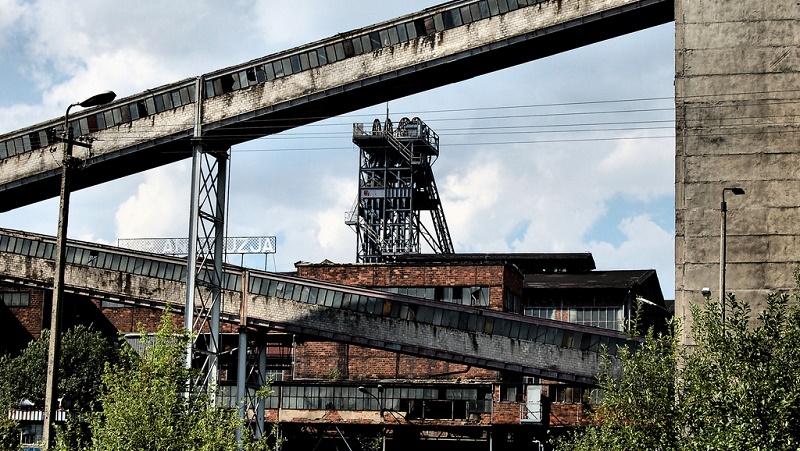Sign up for our Bonn morning briefing, all the news, tips and rumours from inside the first talks of a critical year.
Poland’s climate envoy dismissed calls to keep polluters out of UN talks, ahead of a controversial negotiation in Bonn on Thursday about widening participation.
Activists outside the venue put pressure on the EU to support a conflict of interest policy for businesses getting involved in the process. They argue that fossil fuel companies are a malign influence and weaken climate ambition to protect their profits.
But Tomasz Chruszczow, who has a leading role in this December’s Katowice climate summit, told Climate Home News in an interview he did not recognise that problem.
“We want everybody in this action,” he said. “Even if they are now generating electricity from fossil fuels – the majority of electricity comes from fossil fuels – still it is changing, but it is a process.
“The call for exclusion of anybody from the process… I don’t think that is very useful. Let’s think how to incentivise the transition [to a low carbon economy].”

Activists outside UN interim climate talks in Bonn on Thursday (Pic: Megan Darby)
NGOs argue that the World Health Organization set a precedent on conflicts of interest when it limited the access of big tobacco to decision-making in light of the evidence smoking harms health.
Chruszczow argued the situations were not comparable. “Smoking is what people are made to do; utilities are usually dependent on the political decisions and overall political environment – and people need energy,” he said.
Until last year, Chruszczow chaired the strand of UN climate talks responsible for setting the terms of business engagement. On Thursday, a working group will consider how to address conflict of interest concerns.
Within the EU, Poland has a record of resisting ambitious climate targets, or seeking exemptions. The country gets more than 80% of its electricity from coal and the ruling Law and Justice party is supportive of its ailing mining sector.
At the same time, it hosts more than its fair share of climate conferences – this will be its third in a decade. Under the UN system of regional rotation, every fifth summit is in Eastern Europe, where Poland’s neighbours have been slow to volunteer.
In 2013, the Polish government overtly supported a coal industry conference running alongside the Warsaw climate summit.
Asked if any such industry events were planned in Katowice, Chruszczow winced, despite his principled defence of business participation. “Please don’t ask me this question. That was a nightmare,” he said, and “above [his] pay grade”.
In a written submission, the US argued for lifting restrictions on business participation. The Africa Group of negotiators, on the other hand, warned that without a conflict of interest policy, business involvement “threatens the integrity and legitimacy of the [UN climate] process”. The EU stance could be pivotal.
Jesse Bragg, campaigner with Corporate Accountability, said he was not surprised by Chruszczow’s comments but there needed to be a conversation about fossil fuel influence. “It is something that needs to be tackled before and during the negotiations about the rulebook for the Paris Agreement,” he said, referring to a framework due to be finalised in Katowice.
“The companies will be involved in implementation of the Paris Agreement on the ground – they need to be,” he added, “but that is in response to government policy, not the other way around.”
